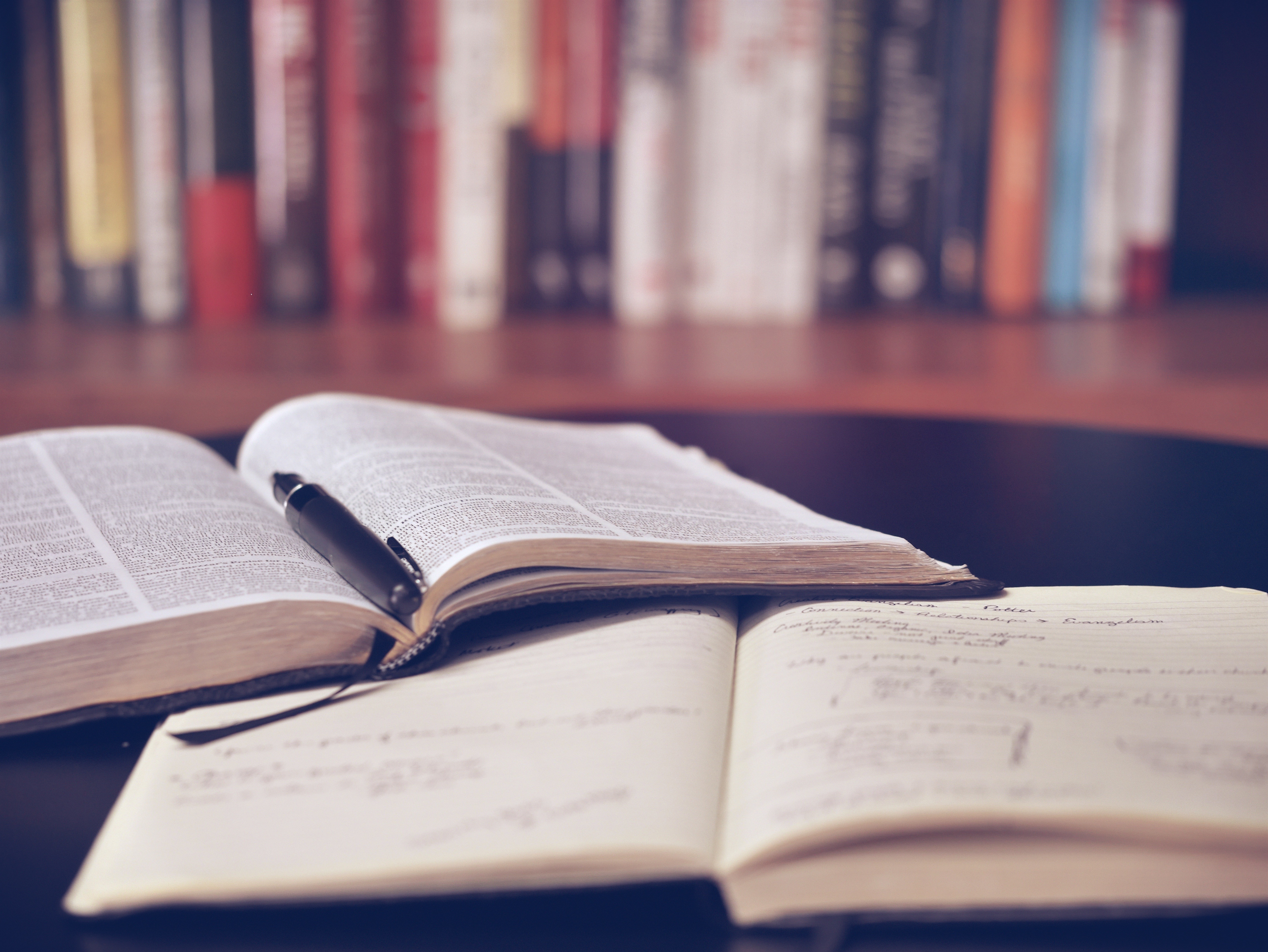
Tips to First-Year Law Students: How to Ace Problem/Scenario-Type Questions
February 16, 2024
Litigation Risk in 2024 – Shoosmiths’ Insight
February 18, 2024Article written by James Tonge, Philosophy Undergraduate at The University of Manchester.
The study of law is notorious for the amount of reading required throughout the course. This reading is often assigned weekly and is often complex and tedious. However, this is a practice worth doing, as it builds some tangible benefits for your future career. For those who enjoy reading, want to stand out in applications and personal statements, or simply interested in law in general, this article will provide five ‘must reads’ for an aspiring law student or an already practicing legal professional.
About Law by Tony Honoré
Tony Honoré was a practicing lawyer and jurist who wrote this book as an introduction to challenges faced in the legal field. This introductory text is ideal for people who are considering a degree or a career in law, so it serves as a great introduction to the field. It was originally published in 1995, but a lot of key ideas remain relevant; for example, the section regarding the state and the section regarding criminal law.
Winning Arguments by Jay Heinrichs
This book was published in 2010 and, as the title suggests, is concerned with argumentation. A key skill within the legal practice is argumentation and formulating persuasive, justified ideas. Heinrichs provides us with a guide of techniques to ensure we win our fair share of arguments. The application of these techniques will give any student or legal professional a competitive advantage.
Landmarks in the Law by Lord Denning
The former British judge Lord Denning, also known as “the people’s judge”, describes some of the biggest cases in English legal history. The book is divided into three sections: High Treason, Freedom of the Press, and Murder. Each of these sections describes particular cases, and how these cases ultimately shaped the legal landscape in England.
Bleak House by Charles Dickens
Many people remain unaware that Dickens, before becoming one of the most important novelists in history, actually worked in a court. It was here where Dickens gathered a lot of inspiration for his future stories. Bleak House is one such example, with the main focus being on a dispute over a will. It is a cornerstone in legal literature, and emphasises both the skills of a legal professional as well as the complexities of law.
Online Courts and the Future of Justice by Richard Susskind
This entry is more of a contemporary read and provides an evaluation of legal technology. Susskind, a former Oxford professor, describes changes in the legal landscape post-pandemic and the use of online courts. This work is described as being “crystal clear” and free from any complex jargon. As such, it is a fantastic opportunity for a student to increase their commercial awareness.
The Devil’s Advocate: A Spry Polemic on how to be Seriously Good in Court by Iain Morley
For those who are interested in becoming a barrister, this book provides tips on good and bad advocacy. It provides an introduction to the concept, as well as techniques that will allow for better witness examinations and persuasive arguments. While this practice may seem far away for many, it gives a good idea into what barristers do as well as great tips for other areas of law.




